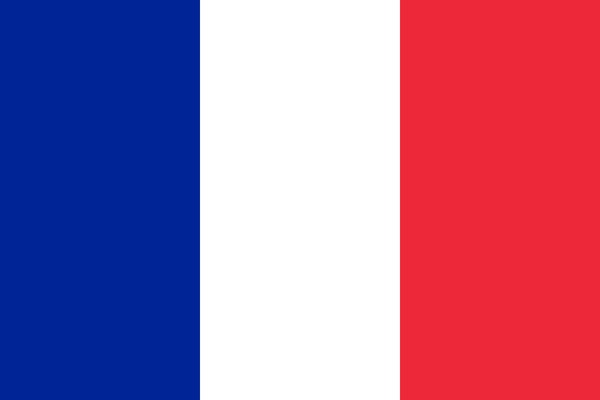 At Lycée Jules Verne, a rural high school in Paris larger outskirts, pupils are aged from 15 to 18 and are streamed to attend either a general or technological high school curriculum. Both types of curricula prepare pupils to take the Baccalauréat diploma in three years, marking the end of secondary education. This school year about 800 pupils are enrolled taught by about 70 teachers. The only specificity is that of having an English European section in History and Geography (CLIL); yet project-based teaching is a usual pedagogical practice.
At Lycée Jules Verne, a rural high school in Paris larger outskirts, pupils are aged from 15 to 18 and are streamed to attend either a general or technological high school curriculum. Both types of curricula prepare pupils to take the Baccalauréat diploma in three years, marking the end of secondary education. This school year about 800 pupils are enrolled taught by about 70 teachers. The only specificity is that of having an English European section in History and Geography (CLIL); yet project-based teaching is a usual pedagogical practice.
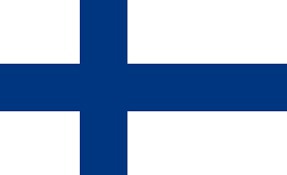 In Helsinki Media Arts Upper Secondary School you can complete either a media-oriented or a general study option. Our operating culture emphasizes the cooperation between teachers and students, and the fact that we expect everyone to work hard and do their best. The teaching emphasizes coping in society and necessary skills in one´s life. The goal is to develop students’ thinking, problem-solving skills and also their cooperation with each other. In learning, the main points are information retrieval, information and technology skills and their critical assessment. For our media studies program we choose only 60 students a year, but everyone can participate in our media courses if there is room in the groups. For example you can study script writing, radio or television work, movies and how they are made or even being a reporter, in other words anything media-related. Whether you are interested in technology, performing, influencing or investigating, you will find the best choice of courses that suit you from our large course selection. We have about 50 teachers and 850 students in our school.
In Helsinki Media Arts Upper Secondary School you can complete either a media-oriented or a general study option. Our operating culture emphasizes the cooperation between teachers and students, and the fact that we expect everyone to work hard and do their best. The teaching emphasizes coping in society and necessary skills in one´s life. The goal is to develop students’ thinking, problem-solving skills and also their cooperation with each other. In learning, the main points are information retrieval, information and technology skills and their critical assessment. For our media studies program we choose only 60 students a year, but everyone can participate in our media courses if there is room in the groups. For example you can study script writing, radio or television work, movies and how they are made or even being a reporter, in other words anything media-related. Whether you are interested in technology, performing, influencing or investigating, you will find the best choice of courses that suit you from our large course selection. We have about 50 teachers and 850 students in our school.
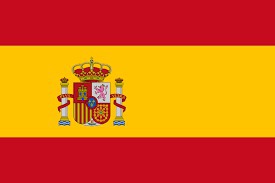 IES “Juan de Mairena” is a public school which was established in 1992. It is located in San Sebastián de los Reyes, 18 km away from Madrid. It is a prominent area in the north of Madrid with a lot of services and economical activity. A wide range of industrial, commercial and technological enterprises have been recently established in the area. IES “Juan de Mairena” offers general education at secondary level and it also offers vocational training for Pharmacy, Chemistry and Nursing subjects. The school has got around 1200 students and 80 teachers. There is a high percentage of immigrant students which mainly come from South America. Our centre has a French European section offering our students the opportunity to get the French Baccaluréat and simultaneously take the national exam at the end of the Bachillerato level (pre-university level).
IES “Juan de Mairena” is a public school which was established in 1992. It is located in San Sebastián de los Reyes, 18 km away from Madrid. It is a prominent area in the north of Madrid with a lot of services and economical activity. A wide range of industrial, commercial and technological enterprises have been recently established in the area. IES “Juan de Mairena” offers general education at secondary level and it also offers vocational training for Pharmacy, Chemistry and Nursing subjects. The school has got around 1200 students and 80 teachers. There is a high percentage of immigrant students which mainly come from South America. Our centre has a French European section offering our students the opportunity to get the French Baccaluréat and simultaneously take the national exam at the end of the Bachillerato level (pre-university level).
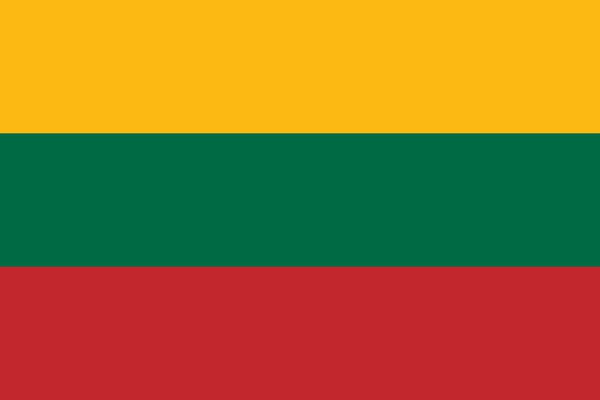 Kauno ''Vyturio" gimnazija is a public secondary school implementing distinctive elements of pedagogical system, based on musical education. We have pre-primary, primary school level, general secondary level and upper secondary level. The school provides a high-quality general education established by the state. Together with the general education, our school provides musical education for children attending our school. We have an instrumental department, which can be attended by students from our school as well as other schools. Also we have 3 choirs and folk music classes. We have 970 students. The number of teaching staff is 100. Our school is situated in Dainava district, which is a residential area of Kaunas, the second largest city of Lithuania. Our school, which celebrates 50th anniversary this year, puts emphasis on such values as democracy, responsibility, respect, tolerance, empathy, creativity, active citizenship, the need to improve, cooperation of the school community for the meaningful work. Being an active member of the whole European community is also an important educative aim of ours. We have highly motivated and keen students who are becoming more and more interested in involvement of different activities available due to European projects.
Kauno ''Vyturio" gimnazija is a public secondary school implementing distinctive elements of pedagogical system, based on musical education. We have pre-primary, primary school level, general secondary level and upper secondary level. The school provides a high-quality general education established by the state. Together with the general education, our school provides musical education for children attending our school. We have an instrumental department, which can be attended by students from our school as well as other schools. Also we have 3 choirs and folk music classes. We have 970 students. The number of teaching staff is 100. Our school is situated in Dainava district, which is a residential area of Kaunas, the second largest city of Lithuania. Our school, which celebrates 50th anniversary this year, puts emphasis on such values as democracy, responsibility, respect, tolerance, empathy, creativity, active citizenship, the need to improve, cooperation of the school community for the meaningful work. Being an active member of the whole European community is also an important educative aim of ours. We have highly motivated and keen students who are becoming more and more interested in involvement of different activities available due to European projects.
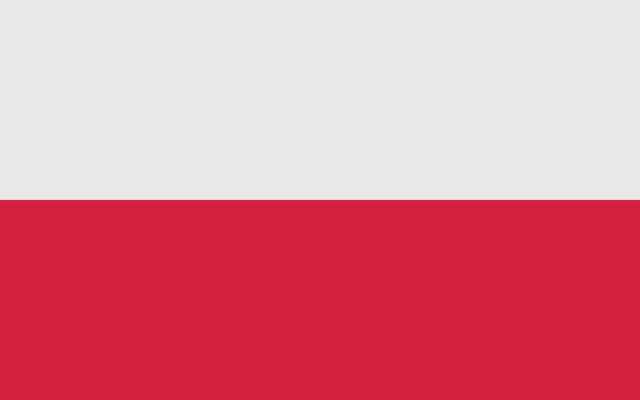 The Polish school is a complex of high school and economic technical high school. The school provides education for approximately 800 pupils at the age of 16-19 years old. The teaching staff consists of 80 teachers. The school teaches regular subjects (high school) as well as economic subjects (technical high school). Some of the classes have specialised training: military, fire service or police. The pupils come from different backgrounds - most of them live in the countryside. After three years (high school) or four years (technical high school) the pupils graduate with a certificate of secondary education. Since this year the number of years of studying has been made longer - four years and five years respectively (due to national education system reform).
The Polish school is a complex of high school and economic technical high school. The school provides education for approximately 800 pupils at the age of 16-19 years old. The teaching staff consists of 80 teachers. The school teaches regular subjects (high school) as well as economic subjects (technical high school). Some of the classes have specialised training: military, fire service or police. The pupils come from different backgrounds - most of them live in the countryside. After three years (high school) or four years (technical high school) the pupils graduate with a certificate of secondary education. Since this year the number of years of studying has been made longer - four years and five years respectively (due to national education system reform).